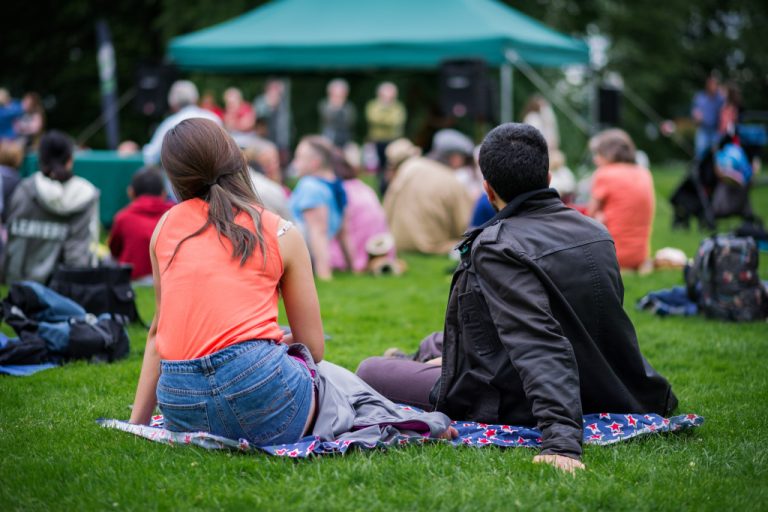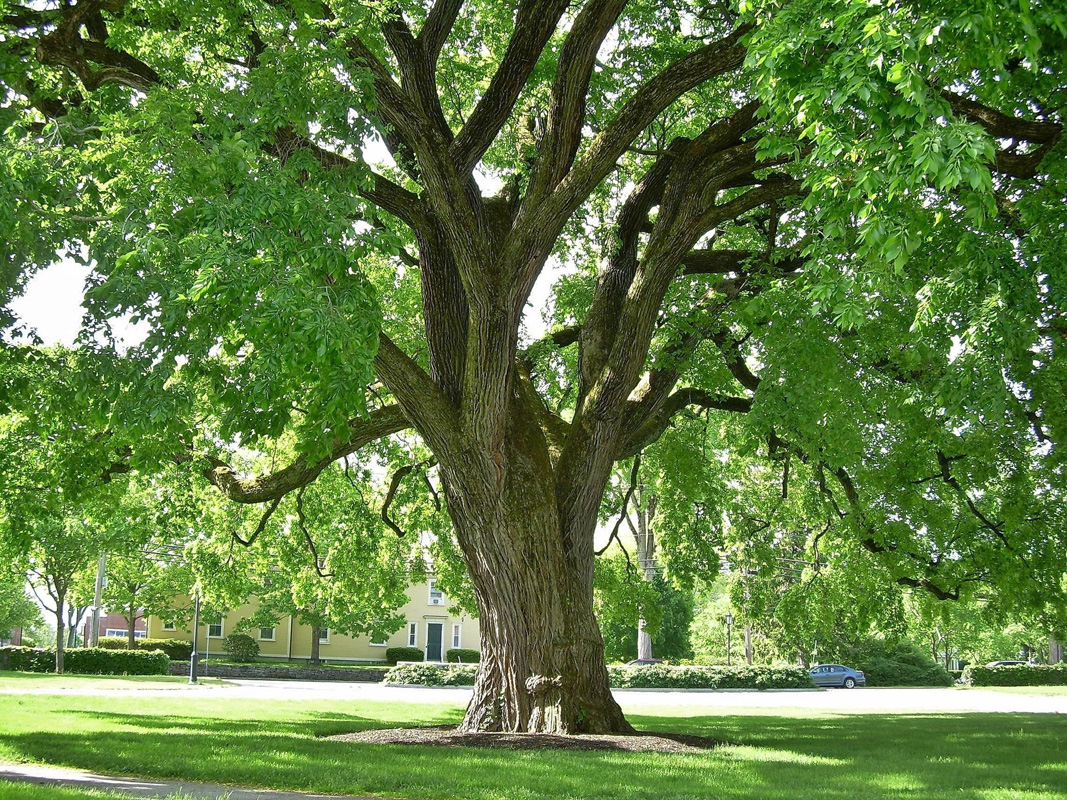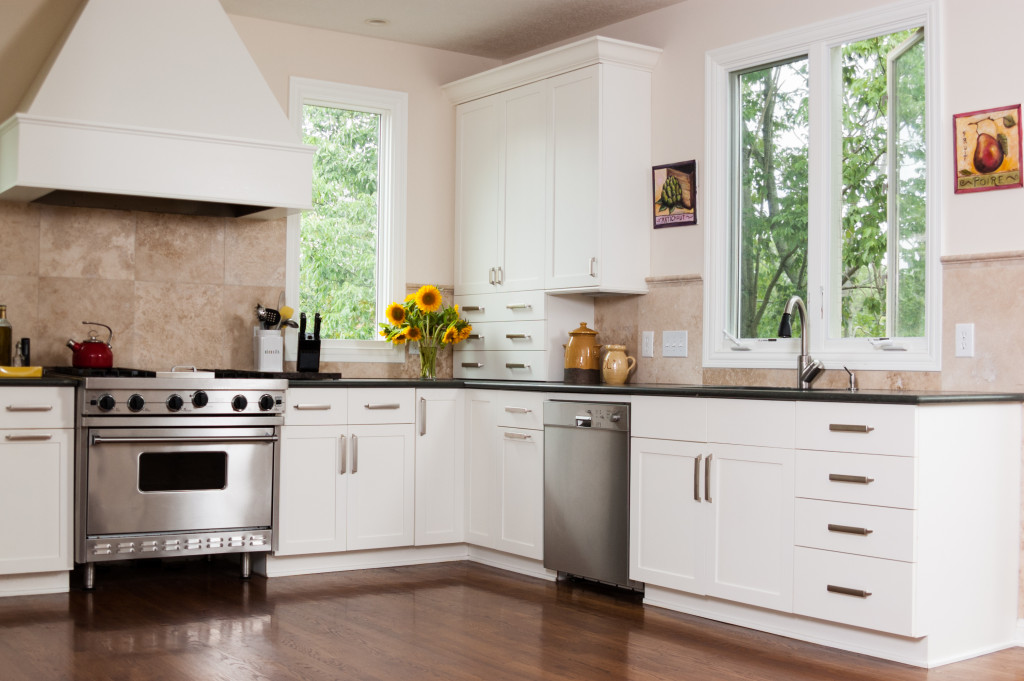- Total number of approved dwellings increased by 4 percent, with private sector houses seeing an 11.3 percent rise.
- Approval of private sector dwellings that are not houses decreased by 9.5 percent.
- When starting a family, choosing a community with excellent schools and family-friendly activities is ideal.
- Safety, security, and a close-knit community are essential factors to consider.
In February 2023, there was an increase of 4.0 percent in the total number of approved dwellings, with private sector houses seeing a rise of 11.3 percent. However, there was a 9.5 percent decline in the approval of private sector dwellings that are not houses. Additionally, the total building value increased by 19.7 percent.
Starting a family can be exciting and overwhelming, especially when finding the right community to raise your children. Choosing where to live can significantly impact your family’s happiness and overall quality of life. You’ll want a community that caters to family needs, such as great schools, enough recreation facilities, and favorable home values. This blog post will discuss some key factors to consider when choosing the right community for starting a family.

Safety and Security
As a parent, the safety and security of your family should be your top priority. Find a community that provides a sense of security to your family with well-lit streets, a low crime rate, and an active neighborhood watch scheme.
Research Crime Rate
Consider researching crime statistics on websites to make an informed decision. You may also want to check out the local police station to inquire about the community’s safety measures. If you feel a neighborhood is safe to raise a family, you should also look for a suitable house for sale in the area.
Look for Neighborhood Watch Groups
Neighborhood watch groups can be a great way to increase the safety of your family. These volunteer-run organizations are designed to spot suspicious activity and report it to law enforcement quickly. They also serve as a great way to get to know your neighbors, who can help provide an extra layer of protection.
Good Schools
Choosing a community with excellent schools is another top priority when starting a family. Ensure that you research the average school performance and ratings for the area. You may also want to visit the schools in the area and talk with parents with children attending those schools.
School Curriculum
It’s worth noting how well the schools’ curriculums align with your family’s values and interests. It’s also important to consider the extracurricular activities available in each school and the availability of special education and other services for students with unique learning needs. Finally, evaluate safety and security measures at the schools before deciding. With all these factors combined, you can find the ideal schools for your children.
Family-Friendly Activities
Children need to explore and learn new things, so choose a community with enough family-friendly activities such as parks, museums, and recreational centers. Look up activities for children in the area and nearby attractions such as cinemas and entertainment centers. A community with youth groups and sports teams will provide opportunities for kids to bond while keeping them active.
Places to Visit
Other activities might include a local library or arts and crafts classes. Visiting farmer’s markets, zoos, and aquariums are also interesting ways to expose kids to the world around them. Look for communities with plenty of outdoor activities, such as biking, hiking trails, fishing spots, swimming pools, and playgrounds.

Close-Knit Community
Consider a community that is close-knit, friendly, and welcoming. You want your family to feel connected with your neighbors and have a sense of belonging. Finding out if a community is close-knit includes checking the community Facebook group, volunteering and attending community events, and visiting the local library.
Strong Ties
If a community is close-knit, chances are it also has strong ties to its local businesses. These businesses may offer specials or discounts for people in the community, and it’s always good to support them. Getting involved with the local chamber of commerce can be a great way to get to know the business owners in your area.
Shared Activities
Shared activities are among the best ways to build a close-knit community. Organizing regular events like block parties or movie nights can bring people together and encourage social interaction between neighbors. Creating an online forum or newsletter for the neighborhood can also help keep people informed and connected.
Starting a family requires careful planning and making the right decisions. Choosing the right community is crucial when it comes to providing a healthy and happy environment for your family. Consider the above factors when picking a community and tour properties, research local schools and activities, and ask questions. Doing the groundwork will help ensure you find the right place to raise your family and create lasting memories and a thriving family life.






